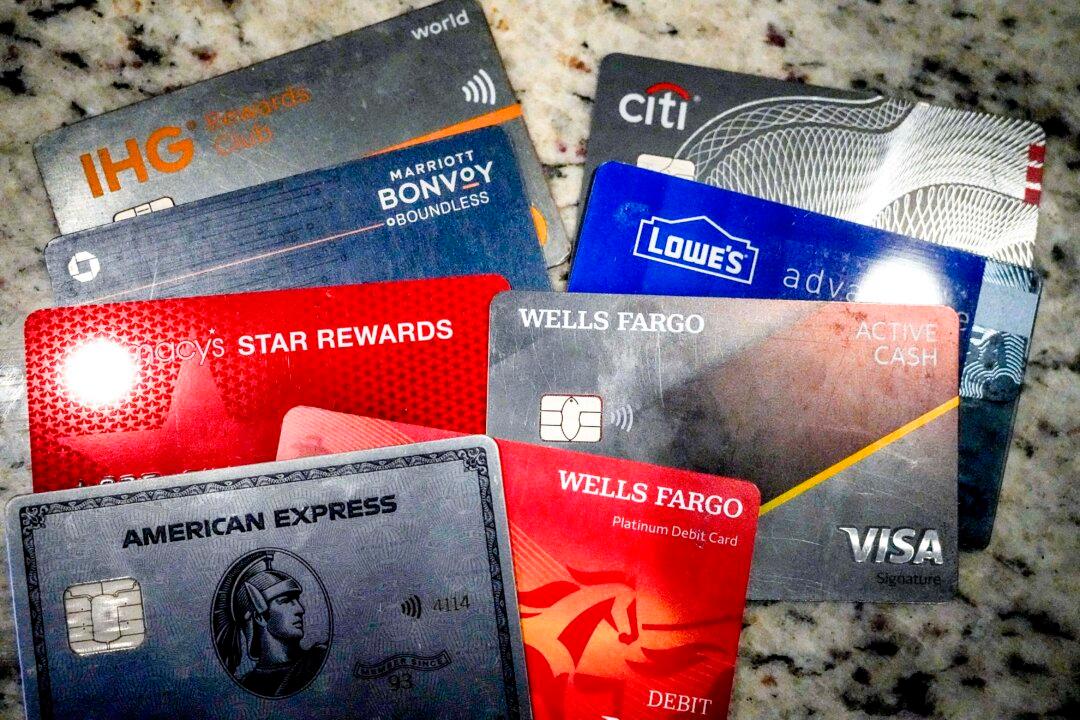A federal judge in Texas has vacated a Consumer Financial Protection Bureau (CFPB) rule that would have capped most credit card late fees at $8, one day after banking and business groups reached a settlement with the agency to end their legal challenge to the regulation.
In an order issued on April 15, U.S. District Judge Mark Pittman in Fort Worth, Texas, approved a joint motion by the CFPB and a coalition of six industry groups—including the U.S. Chamber of Commerce and the American Bankers Association—to vacate the rule, ending a legal battle over the agency’s attempt to cap most credit card late fees at $8.





